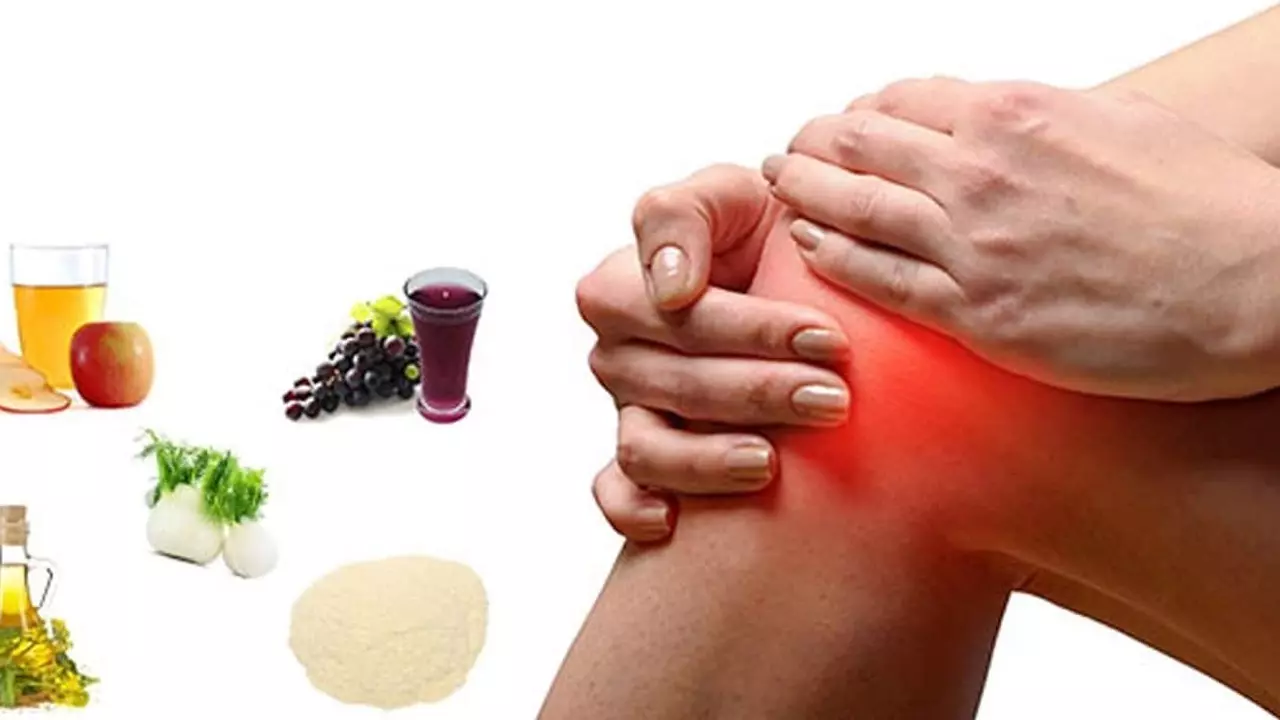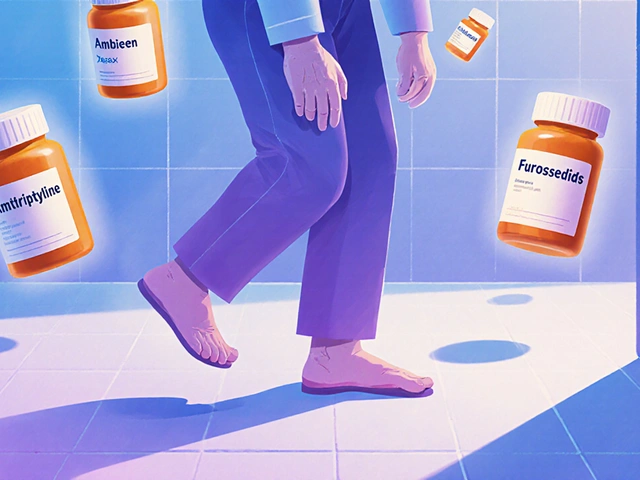How Palliative Care Improves Carcinoma Treatment Outcomes
October 8 2025Diarrhea: Quick, Practical Guide for Home Care and When to Get Help
Diarrhea can ruin your day fast. Most cases clear in a couple of days, but knowing what to do right away helps you feel better and avoid complications. This guide gives clear, useful steps you can use at home and what to watch for so you know when to call a professional.
Causes and warning signs
Common causes include viral infections (norovirus), food poisoning, side effects from medicines, and short-term food intolerances. Travelers often pick up bugs abroad. Chronic causes can be IBS, inflammatory bowel disease, or long-term medication effects. If you recently started antibiotics, ate suspicious food, or traveled, those clues matter.
Watch for red flags: high fever, bloody stools, severe belly pain, dizziness, very dry mouth, or very little urine. Babies, older adults, and people with weak immune systems need quicker attention.
Home care and when to get help
Start with fluids. Replace water and salts with oral rehydration solutions, coconut water, or salty broths. Avoid sugary drinks and alcohol. Eat bland foods like plain rice, bananas, toast, and applesauce. Rest and avoid heavy exercise until you feel better.
For medicine: loperamide (Imodium) can slow bowel movements and help you function, but don’t use it if you have bloody stools or high fever. Bismuth subsalicylate (Pepto-Bismol) can ease cramping and reduce frequency for travel-related cases. Probiotics with Lactobacillus rhamnosus GG or Saccharomyces boulardii may shorten symptoms for some people. Most diarrheas are viral and don’t need antibiotics—only use antibiotics if a doctor finds a bacteria that needs them.
When to call a doctor: symptoms that last more than 48–72 hours, severe dehydration signs, high fever, or blood in stool. Also call sooner if you have diabetes, are immunocompromised, or care for a baby or elderly person with symptoms.
Bring a short record of your symptoms and recent meals when you see a doctor. A stool test can find bacteria, parasites, or blood if ordered. For long-lasting loose stools, doctors may check thyroid or celiac disease. If you travel, see travel medicine advice before high-risk trips. Avoid anti-diarrheal drugs with suspected E. coli or bloody diarrhea. Keep ORS sachets in your bag.
If you’re unsure, write down when symptoms started, what you ate, recent travel, and any medicines you took. That short list helps your clinician diagnose faster and pick the right treatment for you.
 16 Jul
16 Jul
Natural Remedies for Diarrhea: Herbal Solutions for Gut Health
In my latest blog post, I delve into the world of natural remedies for treating diarrhea. I've explored various herbal solutions that are known for their positive effects on gut health. From the soothing properties of chamomile tea to the powerful healing effects of ginger, I've covered a wide range of natural remedies. I've also included some practical tips on how to prepare these remedies at home. This is a must-read for anyone looking for natural ways to tackle gut health issues and improve overall wellness.
Read More...




